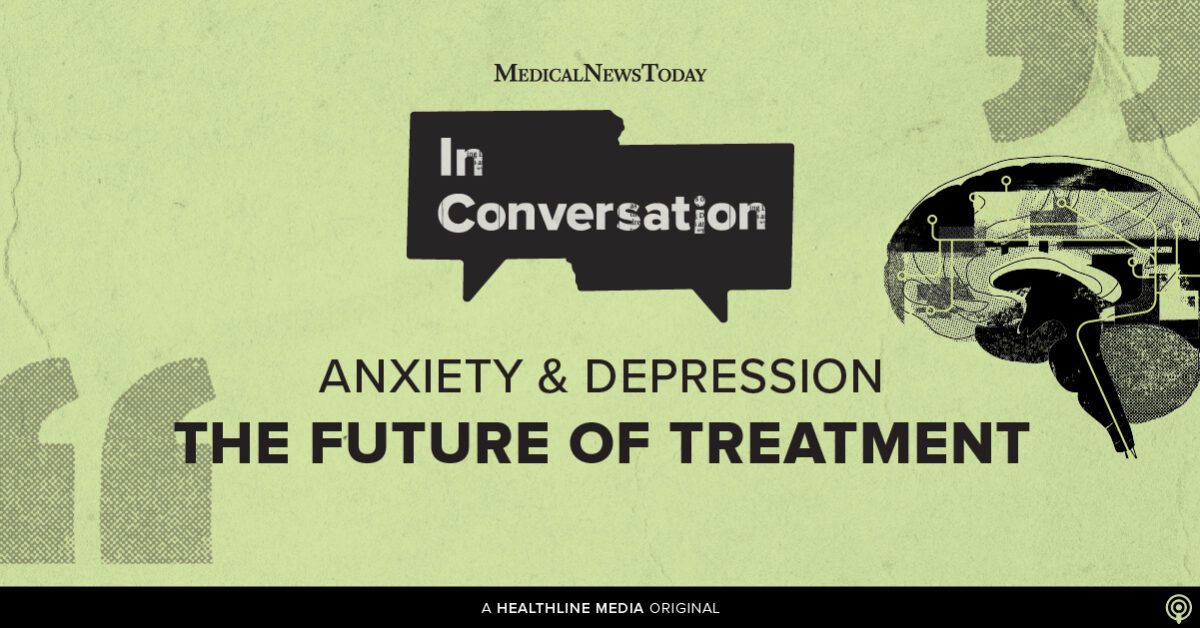Disir
Platinum Member
- Sep 30, 2011
- 28,003
- 9,615
- 910
Growing research into hallucinogenic drugs is demonstrating that—contrary to what was previously believed—depression and anxiety cannot be reduced to a simple equation of chemicals in the brain. So, will psychedelics be able to bring a decisive paradigm shift to how we view and treat these mental health conditions?
...For example, with prolonged episodes of anxiety, the amygdala, or the tiny almond-shaped center of emotions and motivation, grows larger and becomes hypersensitive. The stress caused by constant anxiety also shrinks the hippocampus, the structure involved in learning and memory.
These physical changes can also bring about more psychological symptoms or worsen them.
During anxiety, the constant “danger” signaling to the hypothalamus—the smart control and coordination center deep in the brain—also eventually weakens the connections between the amygdala and prefrontal cortexTrusted Source, which is responsible for planning, and decision-making. As a result of this chain of reactions, an individual may start to lose their ability to think analytically or logically.
“For example, in [depressed] adults, we see abnormally increased amygdala, as well as ventral striatal and medial prefrontal cortex activity. What that means is that the patients are more attuned toward negative emotional stimuli. They also show abnormally reduced ventral striatal activity toward positive emotion and emotional stimuli,” said Dr. Ambrose.

 www.medicalnewstoday.com
www.medicalnewstoday.com
Here is what I think should happen. I think before any doctor prescribes this for anyone that has an anxiety disorder or has panic attacks they should take it themselves---a few times. I do not see this as being a good idea.
...For example, with prolonged episodes of anxiety, the amygdala, or the tiny almond-shaped center of emotions and motivation, grows larger and becomes hypersensitive. The stress caused by constant anxiety also shrinks the hippocampus, the structure involved in learning and memory.
These physical changes can also bring about more psychological symptoms or worsen them.
During anxiety, the constant “danger” signaling to the hypothalamus—the smart control and coordination center deep in the brain—also eventually weakens the connections between the amygdala and prefrontal cortexTrusted Source, which is responsible for planning, and decision-making. As a result of this chain of reactions, an individual may start to lose their ability to think analytically or logically.
“For example, in [depressed] adults, we see abnormally increased amygdala, as well as ventral striatal and medial prefrontal cortex activity. What that means is that the patients are more attuned toward negative emotional stimuli. They also show abnormally reduced ventral striatal activity toward positive emotion and emotional stimuli,” said Dr. Ambrose.

Can psychedelics shift the future of anxiety and depression treatment?
For Medical News Today's In Conversation podcast for May, we delve into research on the future of mental health, with a focus on psychedelics and ketamine as possible treatment avenues for anxiety and depression.
 www.medicalnewstoday.com
www.medicalnewstoday.com
Here is what I think should happen. I think before any doctor prescribes this for anyone that has an anxiety disorder or has panic attacks they should take it themselves---a few times. I do not see this as being a good idea.